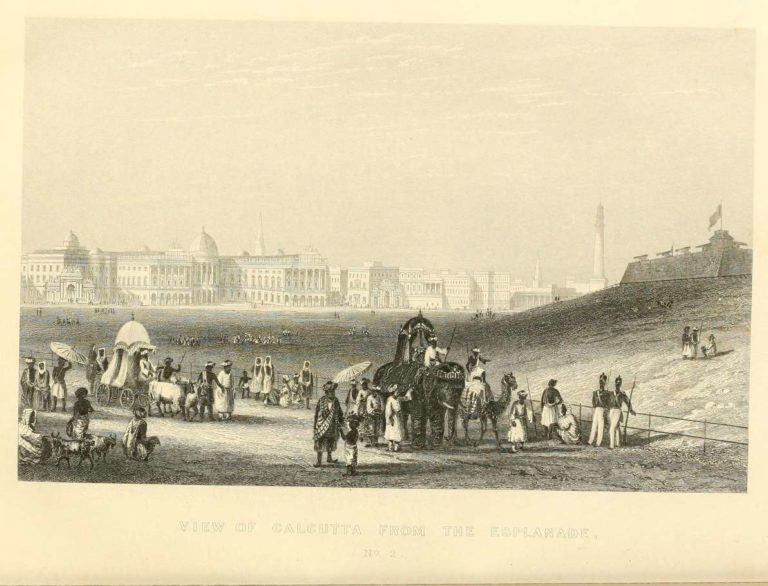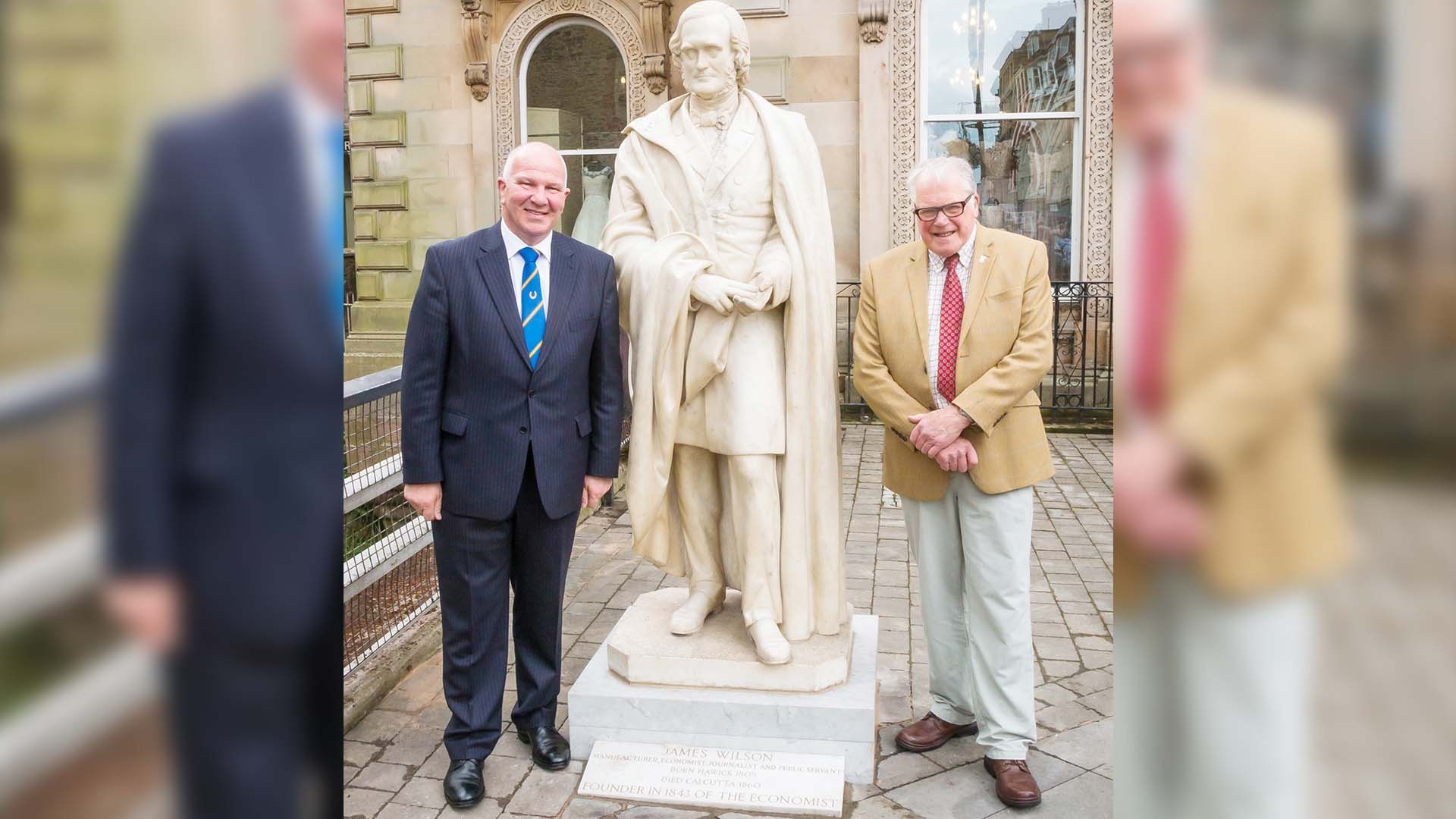James Wilson, Finance Minister of India and Sir Charles Trevelyan during Britain’s political hunger games were essentially at odds with one another but both played integral parts on the colonial stage. Laissez-faire economics determined the fate of a country and were allowed to play out even to the point of famine. Law and order were established by colonial Britain through the British East India Company. The reign of the ruling class in India was extremely affective in administration but not so affective in their understanding of the people they conquered. There were great losses and gains on both sides and inevitably the winds of change came and remodeled colonialisation.
The British East India Company Control
Since Queen Elizabeth I had first invaded India in 1600, the East India Company had become the authority in India not only conducting business but conducting the business of Britain in India. They were a trading company that was a political and military state wedded to London. It depended on three major armies and led wars across the continent which conquered regions in the name of the Crown. Commerce had taken a backseat in it’s operations by 1833. It acted as a national entity. The company had policies on everything including religion and law. It assumed dominance over large parts of the continent.

The East India Company controlled a fifth of the world and collected taxes on behalf of Britain. The British had mastered the Indian population of about six hundred million which spoke about two hundred different languages and had enormous diversity in customs and manners. India was a rich country. Regardless, Britain was determined to collect revenue. Due to the relentless enforcement of The East India Company, the people from all the colonies of the British Empire were gentrified and all paid taxes that ended up in Britain. The Indian Economic Times says that Walmart is the modern day equivalent of the East India Company.
The East India Company was responsible for educating so many successful civil servants at the East India Company’s College in Haileybury including James Wilson’s Son-in-Law, William Halsey. Other notable Wilson family members were also alumni including Sir William Wilson Hunter who was awarded the most coveted Star of India. He published the Annals of Rural Bengal and prepared the Gazetteer of India, a very large important work between 30-40 thick volumes.
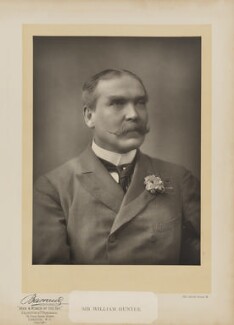
Sir William Wilson Hunter, Star of India Recipient, 1893
In 1849, William Halsey was taking his civil service exams and James Wilson’s Daughters Sophie and Zenobie were being presented at the Queens’ first drawing room that season by their Mother. On his civil service salary William Halsey could not have afforded Sophie’s expensive tastes and James Wilson wrote a marriage settlement, a prenuptial agreement, that made sure Sophie controlled her own money. It also stated that her husband could not inherit it. He had a gambling problem and had relatives pay off his debts prior to their marriage in order to obtain permission to marry from James Wilson. This character trait obviously made James Wilson extremely uncomfortable and rightfully so, however the exception was made for the marriage probably due to Mr. Halsey’s breeding. Mr. Halsey’s father was a Peer and his Grandfather, Henry Halsey, Esq. was a former East India Merchant. James appointed William to be his Private Secretary in India to ensure his financial stability and to keep Sophie in his own home. The civil service was in the habit of being staffed by the aristocracy on a patronage basis without much regard to administrative efficiency which included nepotism.
The British Army of Sepoys
The British East India Company used Sepoys in their army. Sepoys were Hindu and Muslim men native to India (Indians) that the British trained to be British Soldiers. The Indians were happy enough to serve the English in exchange for food. This was more cost-effective for Britain than bringing troops from home but there were some grave oversights. The Hindus and the Muslims were always fighting with each other. The British ruled by dividing and conquering the two groups. The Indian troops often felt Britain didn’t respect their Hindu and Muslim religions and their society’s caste system. The British were very rational and they viewed the Indians as superstitious.
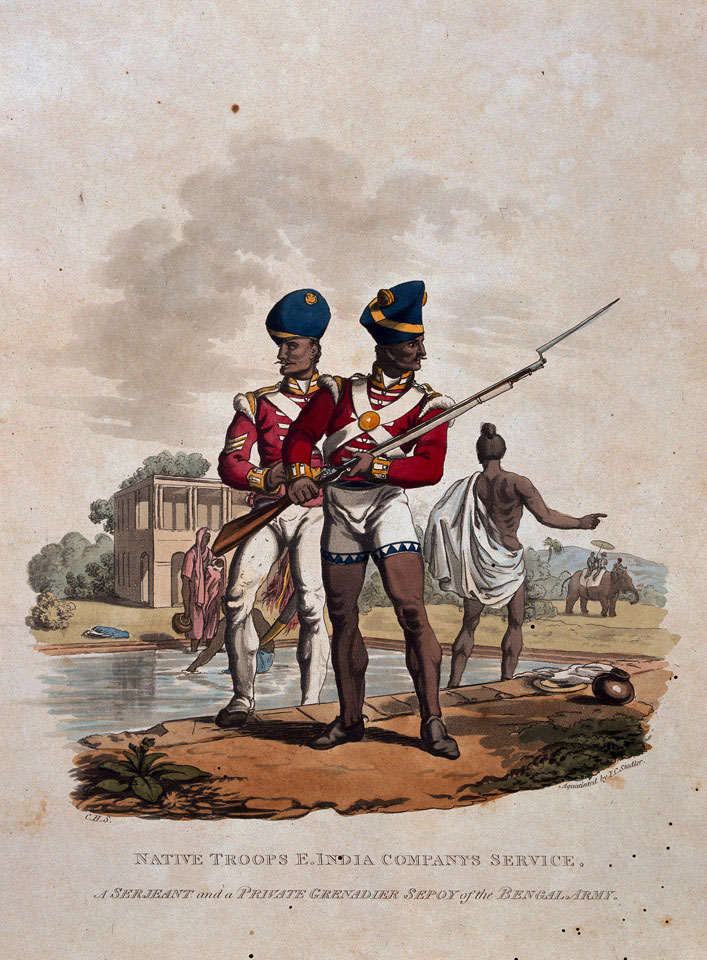
In 1853, Britain began greasing the cartridges for their new Lee-Enfield rifles with the fat of cows and pigs. The British offended all Hindus and Muslims with these new cartridges. Hindus found cows sacred and Muslims found pigs unclean. Sepoy soldiers feared that if they bit off the end of a cartridge to load the gun they would become an untouchable, spiritually unclean and dammed. Some Sepoys refused to load their rifles with the new bullets. They were convicted of mutiny, jailed and some were executed. The British East India Company didn’t want to lose money by replacing the bullets. The British refused to replace the guns and cartridges. This conveyed a strong disregard for the Sepoys’ beliefs. The refusal to use the cartridges took on a deeper meaning spurring the natives to want dignity and independence.
One factor that lead to mutiny was the annexation of the Oudh and of the Punjab. A large number of the Sepoys had become redundant after the annexation of the Oudh and the Punjab and as a result they were penniless. The British Army was no longer providing their food and they had no money to buy food.
Another factor that lead to mutiny was the caste system. The caste system was conflicting with the hierarchy of command. The native army itself made it almost impossible to enforce discipline. An officer of low cast might be seen crouching submissively before a Brahman recruit he was supposed to command according to Sir Charles Napier, Governor of Sindh, India 1843-1847.
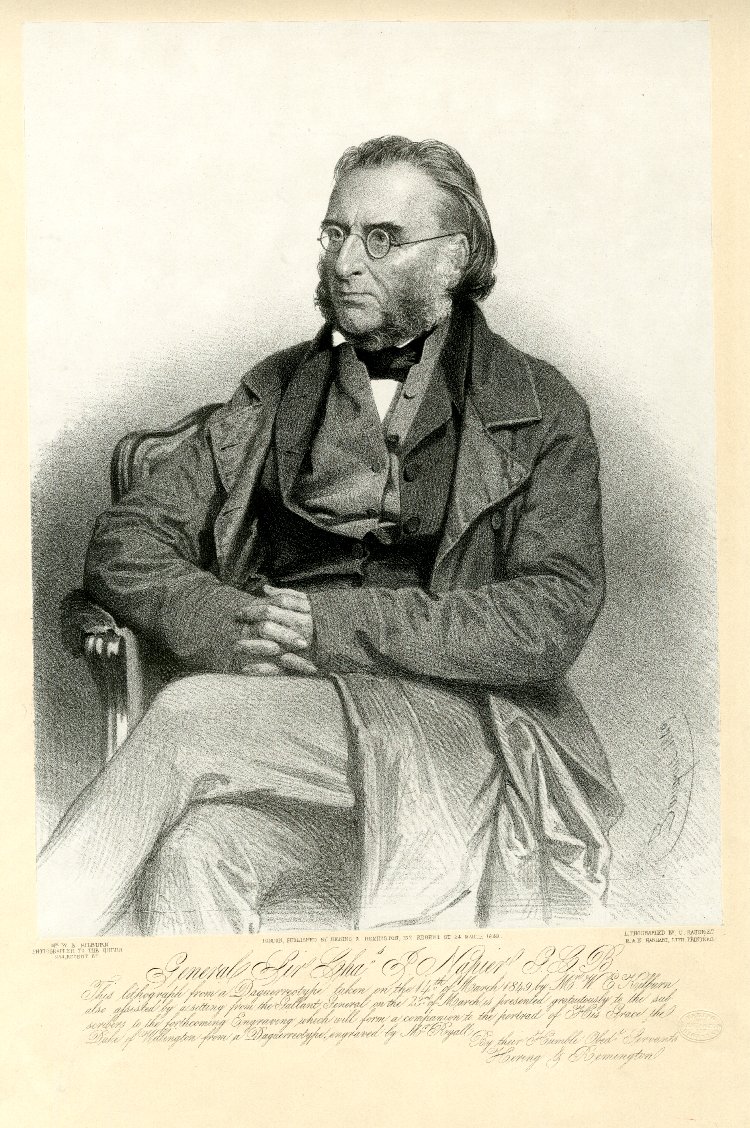
Sir Charles Napier was against the local practices of Sati, slavery, mutilation, torture and debauchery which was taking place in the region he governed. He battled numerous Amirs, Indian aristocrats, to enforce the rights of women and children who they liked to take as slave-girls for their harems. He proposed punishment for the priests who burned widows at their husband’s funerals. He detested war but realized that insurgencies had to be quelled with violence.
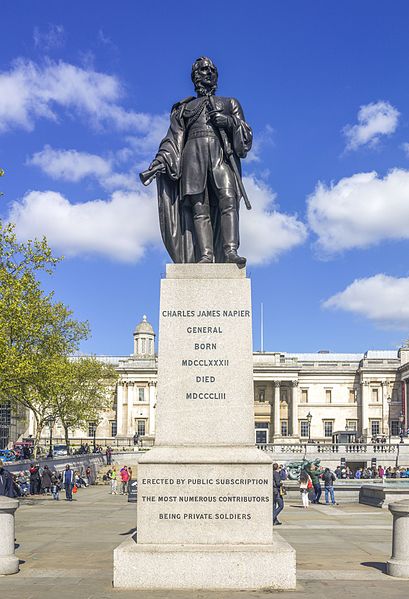
The Sepoy Mutiny of 1857
The Bengal Sepoys revolted in May 1857 and it was not a national uprising initially. The Indians called it a War of Independence. The Anti-British revolution soon spread across India. Religious rivalries between Hindus and Muslims kept them from working together. William Halsey had been fortunate to have been on leave when the Mutiny of 1857 occurred. The rebellion was crushed by 1859. As a result, Britain abolished the East India Company and assumed direct control of India. This mutiny made it clear that direct rule was a necessity. The prior outbreaks of 1806 and 1824 were just skirmishes compared to this Mutiny.
The Vellore Sepoy Mutiny of 1806 only lasted for one day due to the British trying to improve the appearance of the soldiers dress code. It interfered with their religious beliefs.
The Barrackpore Mutiny of 1824 occurred when Sepoys refused to march without bullocks (oxen) to haul their heavy supplies. They demanded extra pay to go through hostile territory. They couldn’t carry their own gear without the bullocks which weren’t being supplied to them. They were told by officers to carry what they could and leave the rest behind. They had to re-purchase supplies with their own money. Their peaceful protest was quelled with open fire from the British who received backlash from the press for the bloody massacre. The Sepoys rifles were not loaded and the British had sprung a sneak attack on them for insubordination.
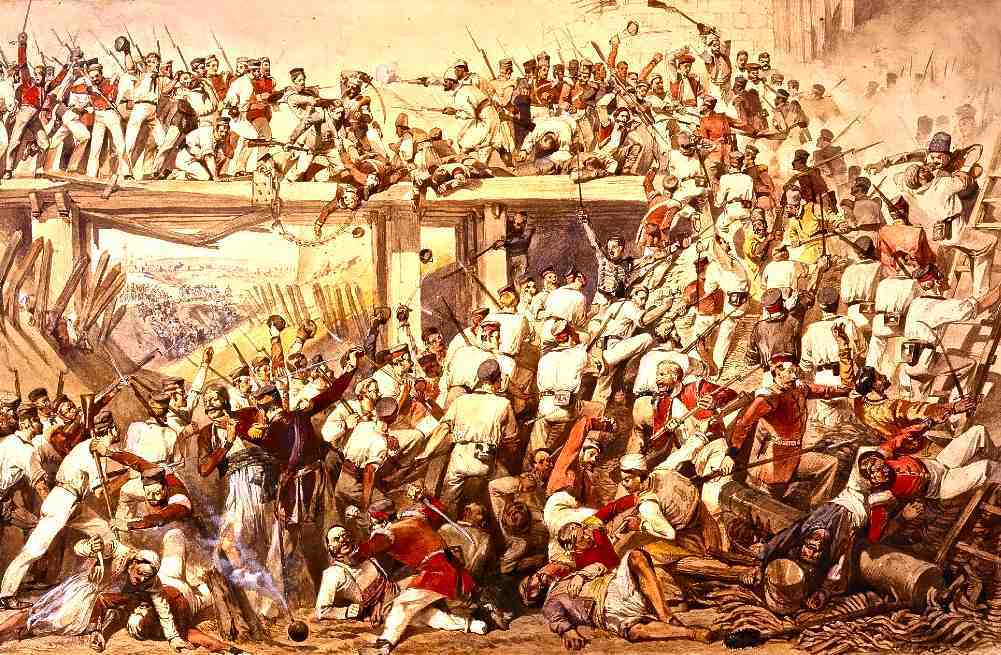
Sir Charles Trevelyan and the Economic Genocide of the Colonialised Irish
Catholics could not be members of Parliament, could not vote or hold any government office. In 1695, Catholic education domestically or abroad was punished by expulsion to the West Indies. Parliament was Protestant run. No Catholic could buy land, have a mortgage or lease land for more than thirty one years. Upon death of a Catholic landowner, the property was divided amongst all of his sons. If a son was a Protestant, then he inherited it all. At the beginning of British rule of Ireland, ten percent of landowners were Protestant which increased to ninety five percent by 1778. Britain believed that the Irish were subhuman and if God wanted them to live he would prosper them. These were deep-rooted common beliefs that were supported by laws passed to keep the Irish poor because they were Catholic.
The Acts of Union were parallel acts of the Parliament of Great Britain and the Parliament of Ireland which united the Kingdom of Great Britain and the Kingdom of Ireland to create the United Kingdom of Great Britain and Ireland. Irish Catholic Priests and Bishops were not anti-Act-of-Union in 1800 and they were secretly promised that if they were neutral or pro-union there would be Catholic emancipation. It was kept secret from the public so that it would be seen as a gift from England and not a term of the Act of Union. Ireland voted their Irish Parliament out of existence with an unpublicised false promise of Catholic emancipation. They achieved this through bribes in the form of absentee jobs with salaries and direct bribery when the amount of job titles expired. They also gave compensation for the owners(aristocrats) of the seats that were going to be abolished in Parliament. Charity was not as common as it is today and the Vatican and it’s elected Pope, Pius IX didn’t help it’s Irish devotees much.
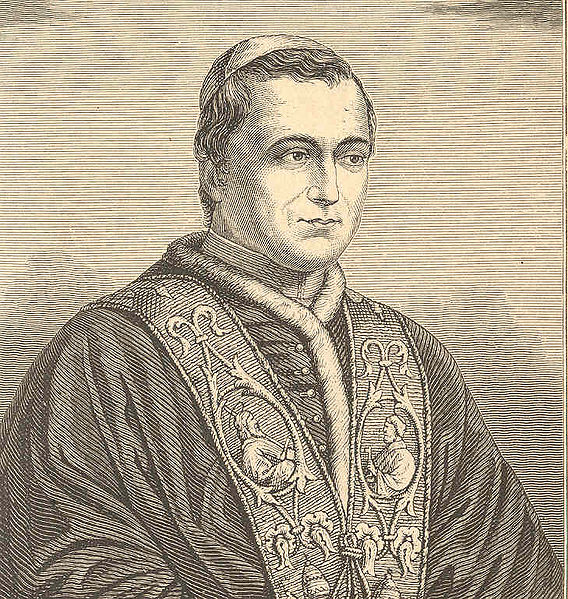
Trevelyan was an English Protestant and an absentee landlord in Athenry, County Galway, Ireland. Most of the Irish were Catholic and feudal tenant farmers that worked small plots of land. He grew corn there. Like all landlords, he had to pay tax on tenants even if the tenants didn’t pay his rent. He is immortalised in a song, titled “Fields of Athenry” that tells a story of how a man stole corn from Trevelyan’s fields so his children could see the morning. He was defeated by the Crown and the Famine and sent by ship to the prison colony of Australia.
Sir Charles Trevelyan was Secretary of the Treasury for Irish Relief in London. When the potato failed, he said it was God’s punishment of the Irish and ‘an opportunity to clear the land of surplus population’. He exported Irish grain (on the same ships as fleeing peasants) for the ‘free market’. Trevelyan’s relief corn was inedible. His cold-heartedness is believed to have increased Irish deaths. No other country in Europe infested by the potato blight had death on such a scale. The vast amounts of food were exported at gunpoint by the British army from Irish docks.
As Ireland was the 8th largest exporter in the world of food during this time under British rule, the famine left one million dead and two million who emigrated abroad if they made the journey. Most died on the way due to their poor health state of malnutrition. Others who stayed resorted to canabalism. Profits were so good with this “free market” that the Irish landlords and Irish aristocracy were just as much to blame as the British by starving their own people.
During the height of the famine, Trevelyan was slow to disburse direct government food and monetary aid to the Irish due to his strong belief in laissez-faire economics and the free hand of the market.[1] He also wrote highly disparaging remarks about the Irish in a letter to an Irish peer, stating that that “the judgement of God sent the calamity to teach the Irish a lesson” and Trevelyan wrote to the Chancellor of Exchequer which said the famine was an “effective mechanism for reducing surplus population”.[2] He also wrote that “the real evil with which we have to contend is not the physical evil of the Famine, but the moral evil of the selfish, perverse and turbulent character of the people”. In Ireland it is widely believed that his withholding of the disbursement of relief funds was a deliberate, xenophobic and genocidal act of ethnic cleansing.
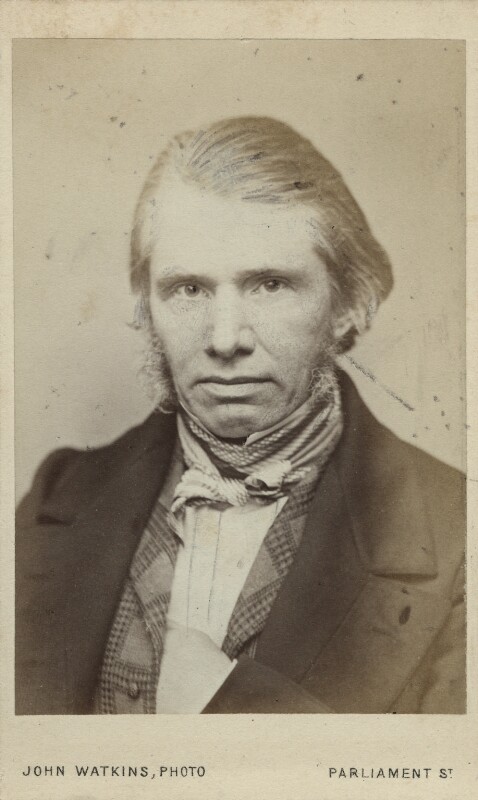
Sir Charles Trevelyan’s legacy has largely been overshadowed by the controversial role he played in the British government’s response to the potato blight in Ireland and the subsequent Great Famine of the 1840s. Ireland was under British rule. The British continued to export food from Ireland that could have fed the starving Irish population. This caused some rebellion at times and Trevelyan issued two thousand soldiers who were well provisioned with food for themselves to be formed into mobile units to be directed at Irish country people who opposed the export of food from Ireland.
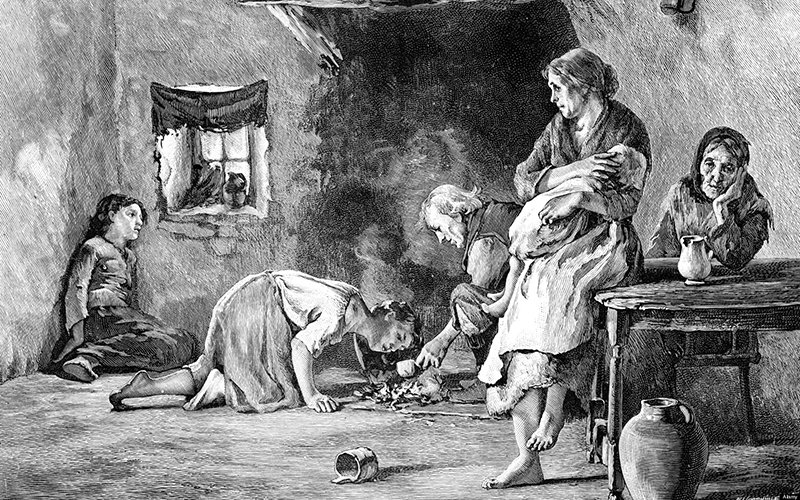
Trevelyan never expressed remorse for his comments or actions. His defenders say that larger factors than Trevelyan’s own acts and beliefs were more central to the problem of the famine and its high mortality.[3] Trevelyan was pleasing his superiors with some strong personal beliefs that made his job a lot easier. Trevelyan had a strong self-interest in prioritizing his income over the welfare of the Irish people because he was a landowner that raised corn in Ireland and exported it. The “free traders” were making money by exporting and importing goods from and to British Commonwealths at a profit and that it was for the benefit of their own pockets. You would think that Sir Charles Trevelyan and James Wilson would have had a lot in common since they both believed in laisse-faire economics, not to mention their tremendous egos, but what does the light have in common with the dark?
The Irish famine is an example of when laissez-faire economics are left on their own to work, don’t work. When it doesn’t work, the government is expected to step in and help. If the government doesn’t have any money, they look to the large banks. The large banks are the only businesses that are exempt from the free market because the government needs them and bails them out when necessary for this reason. They balance each other in monarchical systems.
Cornwallis’ Permanent Settlement Plan in 1786, India
When Cornwallis, Governor General of India introduced the Permanent Settlement System in 1786, the Zamindars continued to collect the revenue sans the power keep armies and administer justice. This made tax collecting and keeping law and order more difficult without being able to threaten the peasants with force. Under this system, the Zamindars were to pay a high fixed rate of taxation, invest in their lands to maximize profit and as a result they would be able to make more money and keep the profits. The Cornwallis Code divided the land revenue into eleven parts. Ten parts went to the state and one part was kept by the Zamindars. They were allowed to keep the excess rent if there was any. It was called the Permanent Settlement System because the tax rate was supposed to be fixed and never change. This calculation was supposed to give the British government enough revenue in theory but revenues were never up to expectation in reality. The idea was that the fixed rate of tax would eventually go down as they prospered. Even though the country had just recovered from a recent famine in the 1770’s and would incur another famine in 1943, the Zamindars agreed to this system because it made them land owners and landlords. This right to ownership was made hereditary and transferrable. The key was that they had to pay the land revenue. If they fell into default while trying to scientifically improve their lands, their property was seized under the “Sunset Law”. This law stated that they had until sunset to pay their tax or their lands were auctioned off.
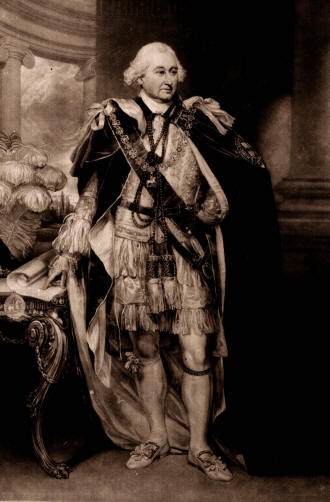
One of the reasons for the failure of the Permanent Settlement System was the low prices of agricultural products from free trade. The produce and raw materials like cotton were being exported to Great Britain. Raw materials were purchased by the British at a low fixed price and then shipped overseas and sold at a profit as finished goods. The British Government in India incurred great losses in revenue because seventy five percent of the land was being auctioned off instead of being actively cultivated to produce.
The Idea Man with the Funding Plan to Benefit All
Prime Minister, Lord John Russell wrote to Queen Victoria in 1848, recommending James Wilson for a promotion, he mentioned apologetically that “a few years ago he carried on the trade of a hatter, & failed. But his integrity has not been questioned and his talents are considerable…” The Queen declined to promote him then, and would decline again years later, when the government sought to reward his considerable services by making him Governor of the Australian colony of Victoria. The Indian Finance Member position that he was then offered was less a reward, than a further appeal for his services, at a time when India desperately needed someone with his combination of practical and theoretical knowledge. [2]
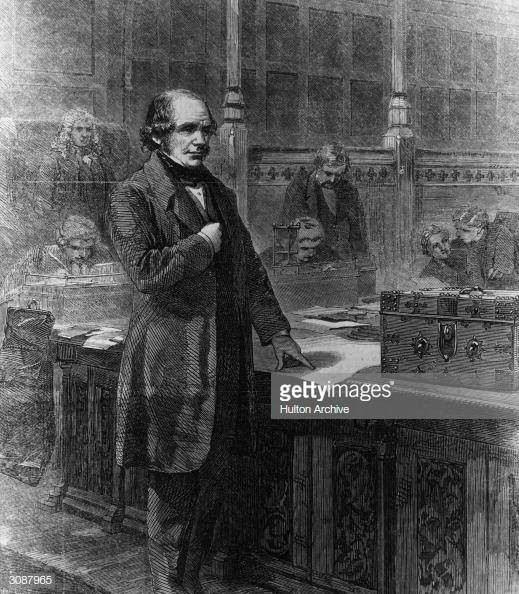
The Government of India Act was passed in 1858, making the Governor-General into the Viceroy with vast powers of direct rule. To help him, he was to have a Council, like the modern Cabinet, with specialised Members. The Financial Member, or essentially Minister, was one, and this was what Wilson agreed to be. Sir Charles Trevelyan feared the Indians would turn against them and James Wilson did not. He was confident in his plan and how he was going to deliver it.
The landed aristocracy that comprised most of Parliament were still upset that this “lowly” hat maker had shoved them out of their comfort zone by referring to him as a failure and by referring to him as “trade”. James Wilson had broken convention by becoming a self-made entrepreneur which was a novelty in the Victorian Era. He was willing to take a position that few would take. Integrity, yes. Without a doubt James Wilson had integrity. Considerable talents? I thought he was a failure? He lost a fortune in Indigo yet he was chosen as the Finance Minister for an uncivilised country. He was practical in that he lost his fortune in business dealings and he was knowledgeable with theoretical free trade policies that had a bad track record (the Great Famine). He was willing to go.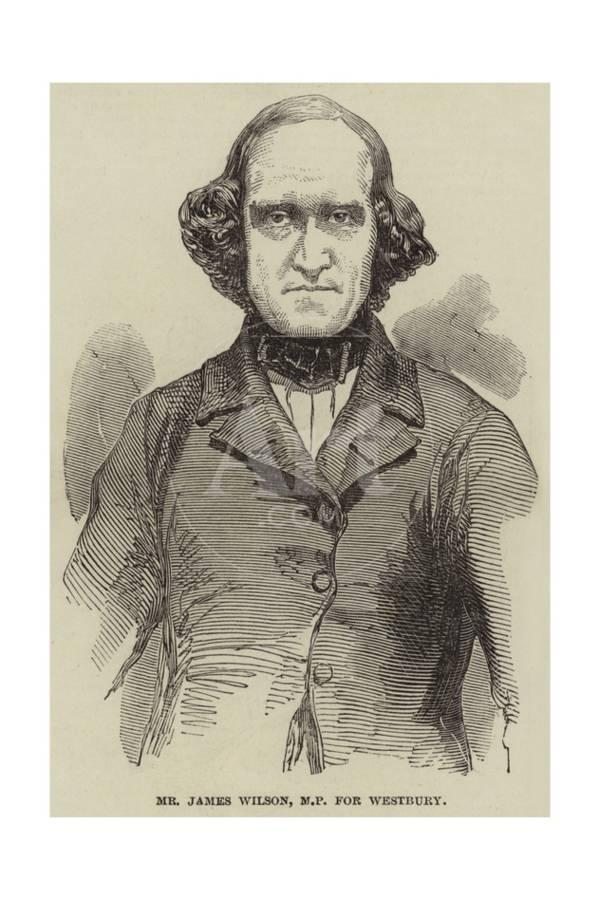
Britain was determined to implement a system of broad taxation and James Wilson was promised an un-elected seat in Parliament after his India sojourn. It was said that The Mutiny of 1857 had nearly bankrupted the Indian Government. Whitehall didn’t have surplus to send, so they sent James Wilson to Calcutta, India instead.
James Wilson took over his seat as the Finance Member of the Governor General in Council on the 3rd of December 1859. He introduced a Bill on the 18th of February 1860 in the Indian Legislature, aimed at amending the tariff laws. James Wilson’s financial statements of 1860 marked the commencement of a new chapter in the financial history of the country. He introduced the system of budget, paper currency and was best known for introduction of Income Tax in India.
Sir Charles Trevelyan Opposed James Wilson in India
Sir Charles Trevelyan was known for “doing the right thing” and he made sure that his actions were justified before proceeding. His character flaw was callousness according to Cecil Woodham-Smith, a Historian and Biographer of the Victorian Era. He made tremendous progress in reforming the British Civil Service and he was a Colonial Administrator in Calcutta, India where James was assigned.The emergence of the civil service from ancient and medieval antecedents has been accurately described as a gradual transformation of the royal household into the public service. If it wasn’t for his callousness with the Great Famine, he would have been remembered more for his contribution to the British Civil Service.
Trevelyan and the other key officials were sworn to secrecy to not disclose their discussions on the taxation system to the public. Wilson wanted to promote a unified front in order to have the Indians agree to the tax. They all agreed except that Trevelyan broke his silence after several months of private arguments and went public. He told the public that new unjust and unnecessary taxes were about to be levied upon them. He used his authority as Governor to influence the people and he hinted that they would revolt. James Wilson said in a letter to his daughter that had they not been disturbed (by Trevelyan) they would never have ventured to even think of opposition. This struggle continued.
Trevelyan argued against taxation without representation. He stated there was no deficit in India. Since he was the one who sent mobile army units to quell rebellions in Ireland, he wanted to quell a possible tax rebellion in India. He thought the thirty million people of Madras that he governed would rebel against income tax and tried to rally the Zamindars to fight for taxation with representation. Which side was he on, was he a genocidal administrator or a traitor?
This was reminiscent of the American Revolution. The natives didn’t understand what they were being taxed for. It seemed a relentless system of taxation for everything in their opinion, like they were having the blood sucked from them. Trevelyan saw that ten out of eleven parts of land revenue were being paid to the British in tax and now they were going to tax the Indian’s income too (that eleventh part) and he didn’t want to be around for that with only 40,000 white soldiers. He knew that the 40,000 soldiers would not be able to win a battle against the natives if they rebelled.
Sir Charles Trevelyan was recalled immediately to London for opposing Income tax and was accused of ‘palpable and plain insubordination’. Sir Charles Wood had stated that ‘Sir Charles Trevelyan is an honest, zealous, upright and independent civil servant. He was a loss to India, but there would be danger if he were allowed to remain, after having adopted a course so subversive of all authority, so fearfully tending to endanger our rule, and so likely to provoke the people to insurrection against the central and responsible authority’. Trevelyan, almost incited another rebellion with the obliging natives.
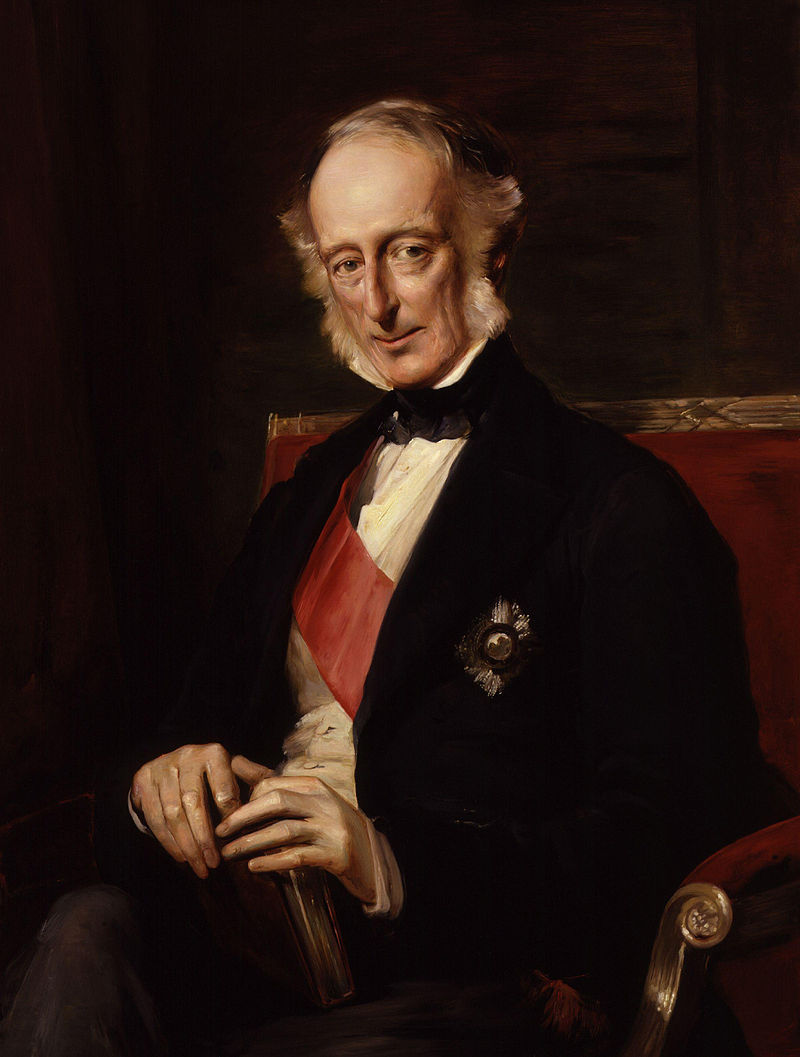
Lord Canning, who was earlier in agreement with Sir James Wilson, later got convinced with the argument of Trevelyan and said: ” Danger for danger, I would rather risk governing India with an army of only 40,000 Europeans than I would having to impose unpopular taxation.” Lord Elphinstone, Governor of Bombay also agreed with Trevelyan.
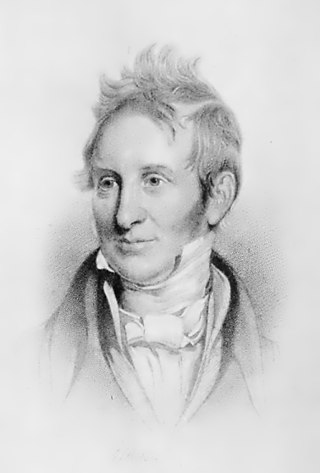
The British East Indian Company only had 40,000 white soldiers, the rest of the army was comprised of Sepoys. The British were afraid that the Sepoys would turn against them and they would be defenseless.

The Income Tax Plan
The Income Tax Plan was modeled after the British system of taxation and was being molded for acceptance by the Indian people. James Wilson gave a speech promising to increase public works and roads to ensure exportation of India’s raw materials such as wool which would deliver a socially sustainable future (theory) to India (and famine[reality]). The Empire certainly didn’t want the taxation system turn into another rebellion. He also planned to stay within a budget, establish a paper currency, militarise police to ensure collection of the taxes which were to put India back in black. The trading classes were tax exempt under his plan.
He observed that the suppression of the mutiny had entailed a great expenditure and had resulted in large public debt. He surveyed the prevailing economic condition of India and outlined the steps he desired to take to put it in order. He proposed two new taxes- one was called the ‘License tax’ – to be imposed on trade and commerce and the other was ‘Income tax, which was to be imposed on people in general irrespective of their nature of work. In his opinion, the two supplemented each other and targeted different classes of people. Income tax was supposed to be levied upon annual income exceeding Rs. 200 annually. He defended such a low basic limit observing that it would ensure greater justice[3]. He called upon people to contribute for the cost of governance. The tax proposed was a progressive one with the rich paying more.
James Wilson introduced better system of accounting for the tax collection. A separate account was to be kept for one percent duty. The tax collected was to be utilized by the Provincial Government for the construction of roads, canals and other public utilities. Proper documentation ensured that such statistics were to be utilized by successive governments for determining the proper course of action and to study whether such steps were yielding results. Provincial governments were authorised to notify and exempt the properties utilised for religious and charitable purposes. He had to face opposition from many quarters, particularly from the European community. As traders, they were likely to be affected. So far they were enjoying special privileges. However, he defined his measures as just, equitable and based upon intelligent principles.
At that time several members of the Council expressed hope that imposition of Income tax would not be a permanent measure and it would be a last resort to be used in an emergency only. They believed that it would be given up as soon as the situation improved.
The Income Tax Bill was passed on the 24th July 1860. It was known as Act XXXII of 1860. James Wilson expressed his satisfaction that such a large Bill was passed without much change in it’s basic form. It received the assent of the Governor General in Council on the same day. It was to be imposed for five years.
James Wilson argued that since the British provided a safe and secure environment for Indians to carry on trade they were justified in charging a fee in the form of an income tax. “To a group of petitioners who wanted income tax on a ‘graduated scale’ Wilson replied that it was not the object of taxation ‘to equalise the conditions of men.’”
Wilson had previously argued that free trade would make the world more equal. The more you trade, the more tax has to be paid which as Wilson admitted does not equalise the conditions of men. Free trade only equalises prices, not men’s positions. If the Indians didn’t pay the tax, they would pay with their freedom to be able to trade in India’s safe and secure environment under British rule as a penal code was established simutaneously.
What the British Did to India
The Economist Magazine
The Opium Trade
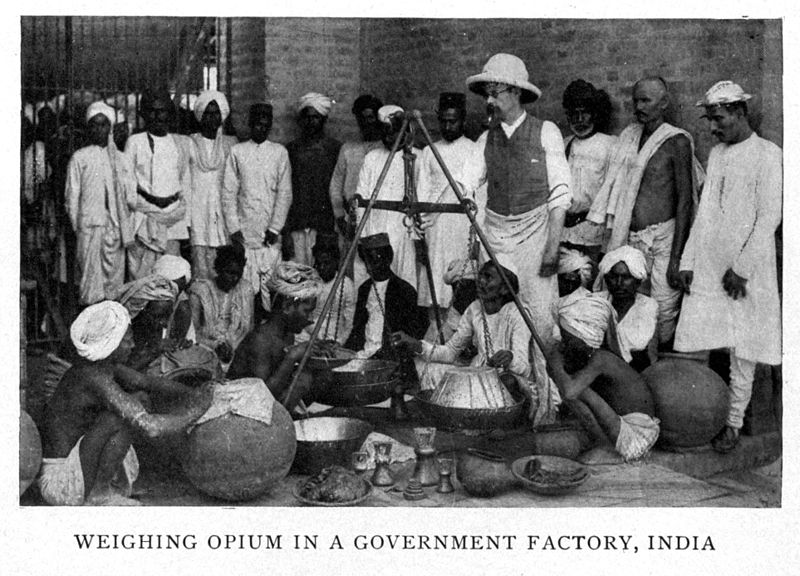
Crop Failures & Famine
The Expression of Colonial Difference And Attitudes Toward Race
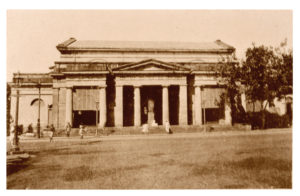
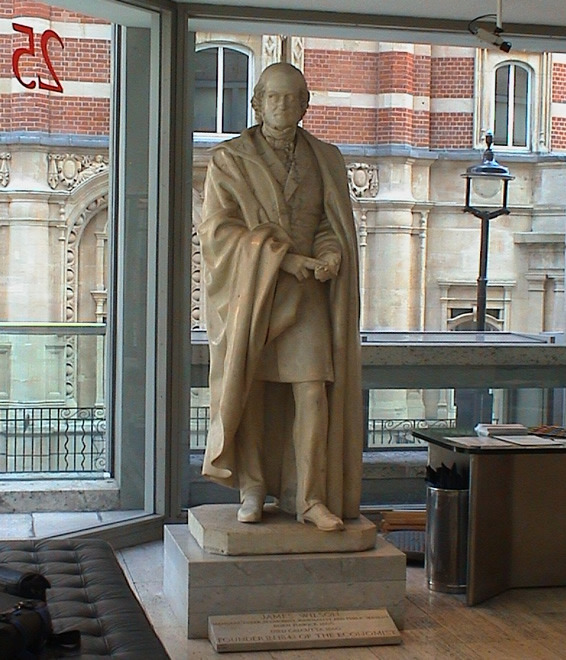
“I boast that I am of this race and blood”
What the Indians did to India
Dividing and Killing their Own People over Religious Differences
Gandhi was such a pacifist that he couldn’t come to an agreement with Nehru which resulted in genocide for both Muslims and Hindus. The British hosted their talks but they couldn’t compromise. The natives stuffed themselves into the trains to the point of suffocation to reach their religious borders when the country was being divided only to be slaughtered when their religious enemies boarded the trains. Men killed their wives and children when they were migrating to their respective territories, Hindu India and Muslim Pakistan, so that their enemies didn’t murder them first. This was more merciful. These are uncivilised, irrational, dangerous decisions that Indian civilians made. Their leaders should have set aside their religious differences and made a good future for their people, instead they were such religious people that dividing and killing their own people was the right choice to them.
Much blood was spilled in India over free trade for the revenue and global domination for the British Empire, i.e. income tax, pillaging India’s resources, conquering China with Opium addiction. The economy in England was terrible due to free trade with the commonwealth. The subjects of the UK were told that Imperialism was good for the country while their standard of living was lowered and businesses (such as textile mills owned by James Wilson’s Nephews) went out of business. The Hindus and the Muslims were ruled by the British because they couldn’t get along with each other. They were unsuccessful in their mutiny due to the divide.
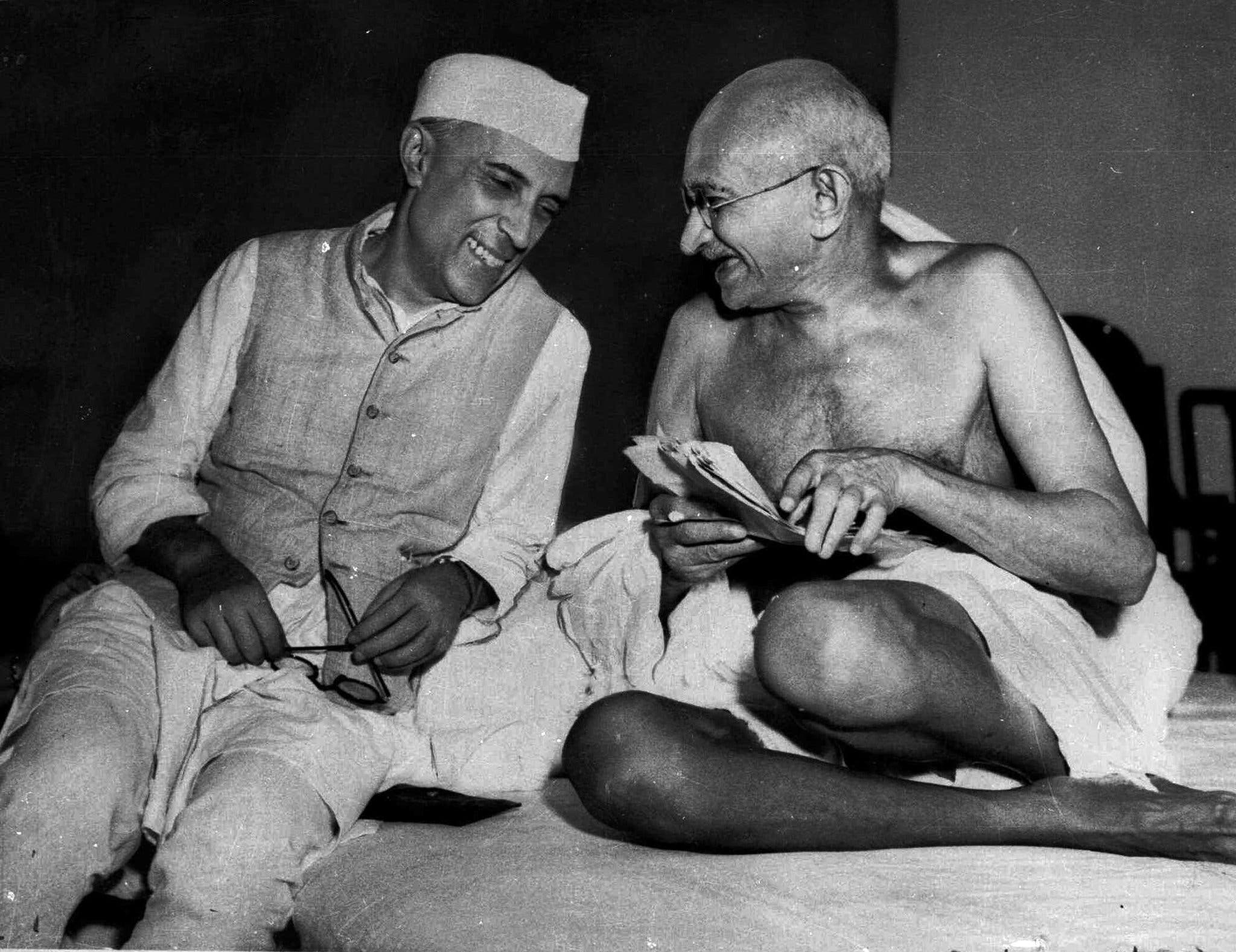
Even years later, Nehru and Gandhi were responsible for the bloodshed of their own people when India gained Independence. President Roosevelt didn’t want to save India for Britain and to Prime Minister, Winston Churchill he suggested that India needed it’s independence. At that point Churchill needed America to fight off the Germans in World War II so he conceded. India was to send more men to fight if they received a serious offer of independence from the British. American troops kept coming to India to pressure the British into acknowledging that their way of ruling India was outdated.

Churchill sent in Sir Stafford Cripps, former Ambassador to Moscow, to negotiate independence with the Indian congress. According to Sir Penderel Moon, District Officer in Punjab, 1941-43, Churchill never expected the deal to succeed and regarded it as a propaganda exercise. Cripps who was regarded as a friend of India was discussing desired positions in the forthcoming new government with Nehru. Gandhi had decided to sit this one out since he was anti-war altogether and this was a war deal.
When Viceroy of India, Linlithgow complained to London that Sir Cripps was discussing topics that should have been discussed with the Viceroy directly, Churchill had his opportunity. Then told Cripps to withdraw the idea of having ministers in the government. This was very disappointing when the positions went from having the same powers as the Queen to administering some canteens of men. The Indians then realized it was a big joke and within a few days the Indian Congress rejected the entire offer. Cripps failed. Churchill was delighted and blamed Congress. The Muslim Leader, Mohammed Ali Jinnah was also pleased because this paved an opening for the Muslim state of Pakistan.
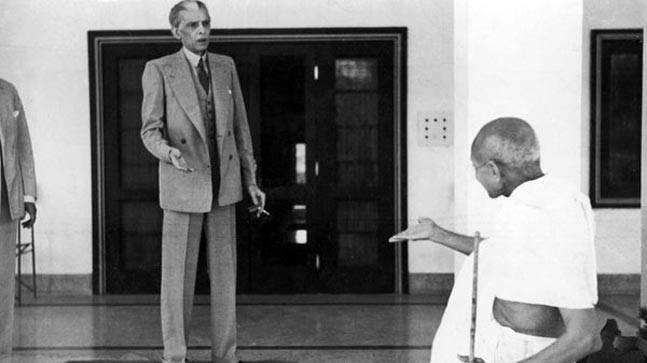
American pressure ceased. Churchill didn’t like the Indians, he said that all they would do is argue in Congress and breed like rabbits. In the 1930s, in the political wilderness, he was an angry opponent of Indian nationalism, and his language about Gandhi verged on racism. However, he was right in a way because India couldn’t agree to unify. Gandhi stepped away from taking leadership of India and didn’t argue at all, Jinnah refused to compromise and Nehru seems the most reasonable of all of them. Jinnah, I think was the most disappointing since he had been the poster boy for a civilized Indian highly-assimilated into British culture. He didn’t even address his people in his native tongue. He talked to them in English and most of them didn’t understand him.
Great Calcutta Killings Demanding the Muslim State of Pakistan
Jinnah was a strong negotiator trained as an English Barrister and when he didn’t get his way in the political talks of how to divide India he called for Action Day. Also known as, the Great Calcutta Killings, Action Day was announced by the Muslim League Council to show the strength of Muslim feelings towards its demand for an “autonomous and sovereign” Pakistan. The protest triggered massive riots and thousands murdered and a hundred thousand left homeless in a span of 72 hours. This expanded all over India for months.
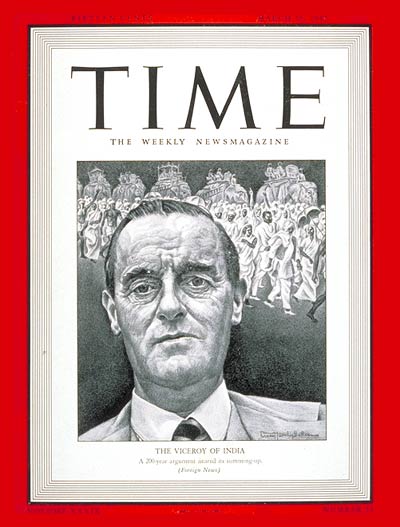
If they had just agreed not to divide India between Muslim Pakistan and Hindu India, the atrocities during migration would have never occurred. Even with two hundred years of guardianship and governance, the Indians resorted to savage acts. India was emancipated at lightning speed by Louis Mountbatten, Cousin of the King of England who had an open hand to conduct this exit as he wished which the previous cabinet didn’t have. On behalf of Britain, he did a great job. Britain divided the country between Hindu India and Pakistan and then made an undignified exit as it would do later in Uganda and Palestine. Indians had developed a psychological allegiance with the British since they exalted the British when independence came.
James’ Death
James Wilson died at the relatively young age of 55. Up until that point he had been considered a very healthy man full of enthusiasm. He was able to maintain multiple projects and work very long hours tirelessly. James Wilson’s health deteriorated due to stress which his close family attributed to the unrelenting stress and pressure given by Sir Charles Trevelyan. This manifested as dysentery on his weakened immune system.
The usual remedy at Calcutta for diseases of the climate were to be sent out to sea on a steamer but he was too weak for that. James Wilson died on August 11, 1860 of dysentary at his doctor’s house. His funeral was the largest ever known in Calcutta. Flags flew at half mast and he received a fifteen minute gun salute from the garrison at Fort William. When the news of his death reached London, India funds fell.[7]
Trevelyan recovered from his disgraces and was promoted to Finance Minister in 1862 in India which was a slap in the face to the Wilson family. They not only were they mourning James’s death but the death of his Grandson who had died within nine months of his birth.
William Halsey’s success was short-lived. After James Wilson’s death William accumulated more debts due to his passion for betting on the horse races. He was in a dead-end job in India and Sophie began to travel. She knew she was never going to “arrive” being married to her husband and the source of her social status, her father, was gone. Her sister Eliza (married to Walter Bagehot), tried to elevate William’s status by appealing to their family friend, Lady Augusta Brown to mention William’s name to Lord Elgin. This puzzles me because Lord Elgin’s father had indirectly stolen with questionable permission the Parthenon Marbles from Greece and sold them to the British Museum for much less than it cost to procure them. This smooth-talker should have negotiated the deal with several museums while he was taking the Greek bits and pieces. Greece still wants their marbles back.
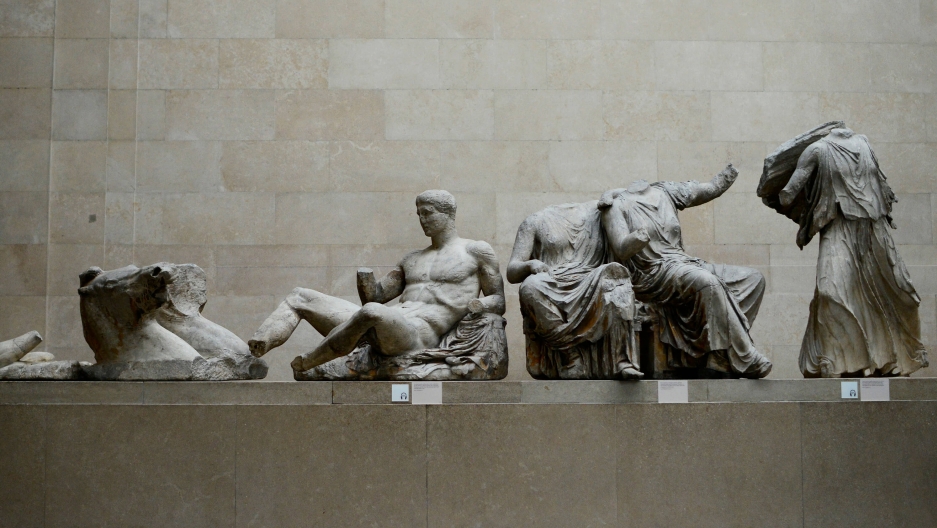
Now Eliza Bagehot (nee Wilson) was appealing to his son who, like his father, looted a country’s art. He raided the Old Summer Palace in China in 1860 during the Second Opium War. Its Chinese name was Yuanmingyuan – Garden of Perfect Brightness – where Chinese emperors had built a huge complex of palaces and other fine buildings, and filled them with cultural treasures. The Palace ruins have been described more recently as China’s Ground Zero.
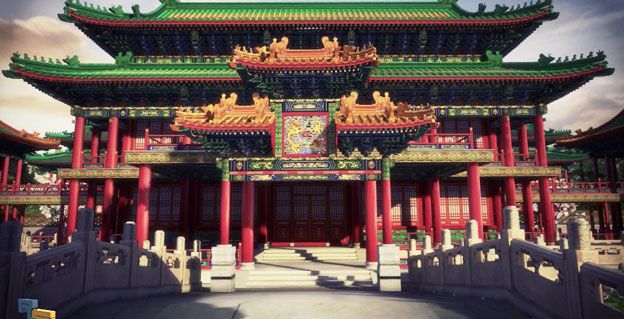
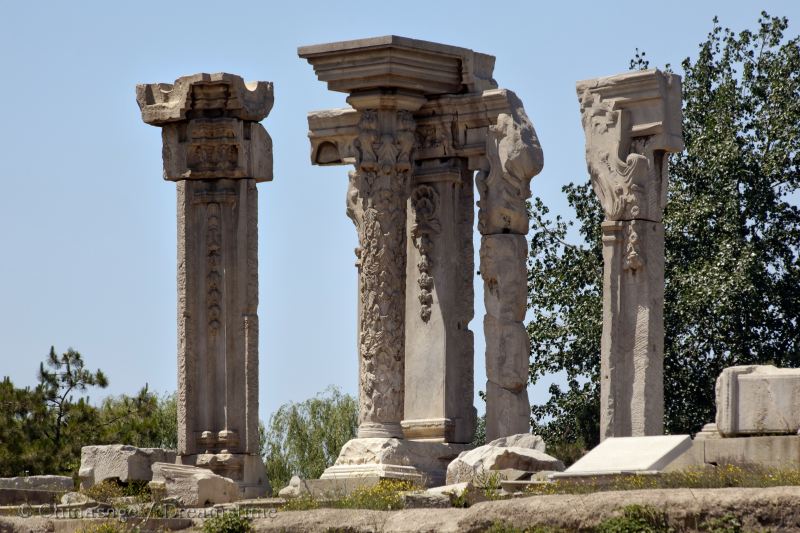
Why would Lord Elgin help William? Unless perhaps, he could get Sophie’s Ming China collection in return for upgrading her husband’s position in life. At the time of Sophie’s death, she had one of the finest collections of Ming China in England.
James Wilson’s Bill was again partly amended due to some deficiencies. It came into force in the month of September 1860[8]. This session was sponsored by Sir Bartle Frere, in the absence of the late James Wilson. It was numbered as the Act XXXIX of 1860. However, some taxes were already collected in some parts of the country, particularly in the Oudh Province owing to the financial crunch faced by the Government. The Government had to issue an order to legalise the collections already made.
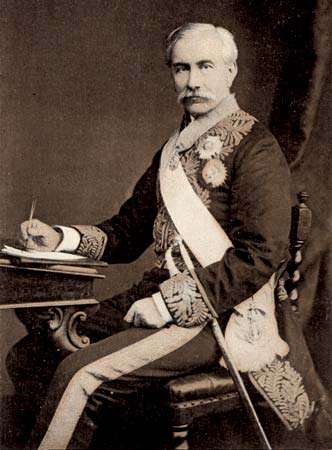
The yield of tax was rather small in the very first year. Charles Canning was the Viceroy during that period. Other important works during this period was, setting up of a University each in Calcutta, Bombay and Madras, passing of the Indian Penal Code 1860, Indian Councils Act 1861 and Indian Police Act 1861, creation of Indian Police Service, re-organisation of the Customs Department and setting up of Archeological Survey of India.
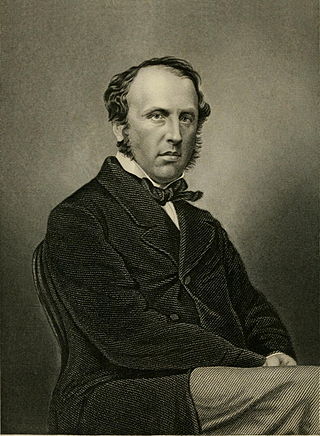
After James Wilson’s income tax system expired in 1865, it was not renewed immediately. The zamindar’s lobby was strong enough, in the short term, to get the income tax dropped soon after Wilson’s death.
The period from 1860 to 1886 was a period of experiment in which 23 Acts were passed for charging the direct tax. The income-tax of 1860, by any standard, be it implementation, operation or collection, cannot be termed successful. The procedure experiment of levy and collection of tax was continued under different labels like. ‘License tax’ (introduced in 1867 and abandoned next year), ‘Certificate tax’ (introduced in 1868 and abandoned next year), ‘General Income Tax’ (introduced in 1869 and abolished in the year 1873) and a License tax on trades and professions (introduced in 1878).
Such sustained efforts by the Government softened the resistance of the public at large and sent a message that direct taxes would not be going away anytime soon. The Government and the tax payers found a balance in the 1886 Income Tax law, which still exists despite several changes. Learning from past mistakes, income from agriculture was exempt from Income Tax in India under this Act.
Despite his prominent public role, James Wilson was buried unknown at a cemetery at Mullick Bazar in Kolkata. His grave was discovered in 2007 by CP Bhatia, a joint commissioner of Income Tax, while researching a book on India’s tax history. Due to the efforts of CP Bhatia the tombstone was restored by the Christian Burial Board.[9][10]
The following is a take on Kipling’s poem, Sir Richard’s Song applied to James Wilson:
I followed England ere I was a lover,
To take from India fief and fee;
But now this game is the other way over–
But now India hath taken me!
The following is a question asked by Sophie and William when they were back in London in 1889. It was a question that was also pondered many years later by Kipling in his poem “The English Flag”:
“What do they know of England, who only England know?”
The notion of knowing others, say a collective people from another country, plays into the colonial mindset a great deal, which Kipling’s work always wrestled with. Edward Said’s phenomenal book Orientalism begins with this anecdote about Arthur Belfour in 1910, a quote about knowing others so well that you have no choice but to rule them. I would be surprised if the Kipling line isn’t at least related to this anecdote.
“I take up no attitude of superiority. But I ask [Robertson and anyone else]… who has even the most superficial knowledge of history, if they will look in the face the facts with which a British statesman has to deal when he is put in a position of supremacy over great races like the inhabitants of Egypt and countries in the East. We know the civilisation of Egypt better than we know the civilisation of any other country. We know it further back; we know it more intimately; we know more about it. It goes far beyond the petty span of the history of our race, which is lost in the prehistoric period at a time when the Egyptian civilisation had already passed its prime. Look at all the Oriental countries. Do not talk about superiority or inferiority.”
The new plan when there is not enough money generated from taxation
Tax is a fine imposed by the government sent to Parliament to be disbursed as they see fit. If there isn’t enough money for their budget, they are at a deficit in providing public services. Colonialist-imposed taxation and free trade only goes so far. James Wilson’s plan didn’t generate the income requested to get the British Government solvent with a surplus. If you invent a new system, then you can pay for the ideas Parliament has including public services and miscellaneous expenses. The banks were a godsend to the political scientists who no longer had to depend on taxes or the good credit of their treasury to raise money. The British Empire then expanded to Malaya (referring to the Malaya Peninsula and the island of Singapore) and to Baluchistan. Sir Robert Sandeman, a Scotsman, is considered to be the founder of British Baluchistan.
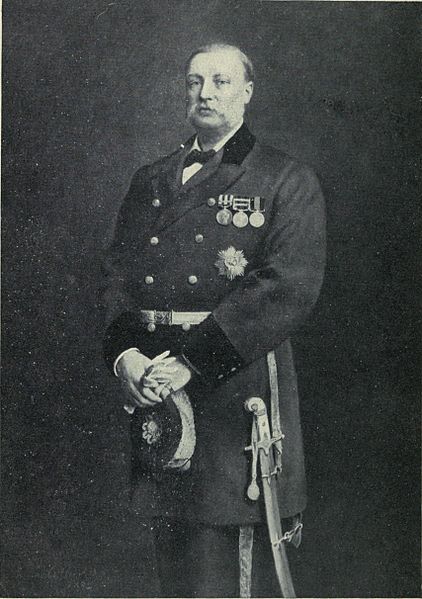
After that, the world wars came and then decolonialisation. No need for Britain to play hunger games and continue the hard work of colonialisation. There was the huge expense of maintaining a navy to bridge all the English-speaking colonies around the earth. Why upset the Americans when they were needed as allies? A loan was much simpler.
The Irony
The irony is how Britain thought they had “arrived” and agreed to reduce naval power in the Washington Treaty along with other countries in the “No More War” era and they destroyed naval ships. Then when they weren’t able to defend themselves at sea, they desperately needed help from America (the colony that successfully resisted their imperialism). They signed the Atlantic Charter after the British surrendered Singapore to the Japanese. This was monumental since all the world thought Britain invincible. The Atlantic Charter would only be agreed to by the Americans if Britain agreed that sovereign rights and self-government would be restored to those who had been forcibly deprived of them. Roosevelt remembered 1776 and 1812. Churchill chose to brush that aside and focus on winning the war.
After the Americans ended the war by bombing of Hiroshima and by saving the UK from Hitler, the American’s insisted that Britain actually grant independence to India after Wold War II. They couldn’t have won it without the Sepoys. This is where the torch was passed and resilient America became the new policeman of the world. It was the beginning of the end of traditional colonialism.
Singapore Rubber
Singapore had provided Britain’s base in the east as they exported rubber and tin to Britain. It was the most profitable colony for the British. Dunlop expanded into a vast multinational organisation. By 1946 there were 90,000 shareholders and 70,000 employees with factories in, any different countries, sales outlets in nearly every country, and rubber plantations in southeast Asia (from 1910). Apart from merely producing tires, the Dunlop Rubber Company Limited made cycle rims and motor car wheels fro,,, 1906 and in 1914 developed a process of spinning and doubling cotton for a new tire fabric.
Wilson and Geddes
Eileen Ifra Wilson Glenny, Great, Great, Great Niece of James Wilson married into the Geddes family. Notable members included the Chairman of Dunlop Holdings, Ltd. Her Mother-in-Law was Alexandra Mary Campbell Geddes, the first Medical Doctor to graduate from Edinburgh University. Alexandra was the Aunt to Sir Anthony Reay Mackay Geddes, Chairman of Dunlop Holdings Ltd. (the whole company), whose cousin Hon. Margaret Campbell-Geddes became Prinzessin von Hessen und bei Rhine.
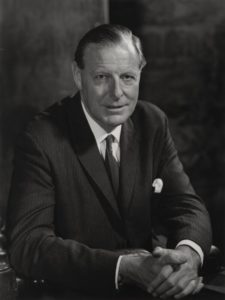
A Cambridge educated apprentice at the Bank of England became overseas sales manager of Dunlop in 1945 after gaining an O.B.E for his RAF service during the war. He later wrote about the shipbuilding industry for the Geddes Committee and sat on the board of the Shell Transport and Trading Company.

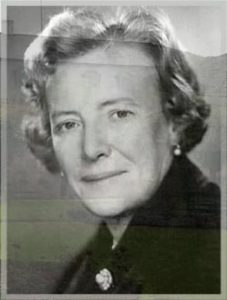
On 16 November 1937 a Junkers Ju 52/3m owned by Belgian airline SABENA, operating as a scheduled international passenger flight from Cologne, Germany to London, England, crashed near Ostend, Belgium. The aircraft hit a tall factory chimney while attempting to land at Steene aerodrome near Ostend, Belgium. The accident killed prominent members of the Hesse royal family on the way to London for the wedding of Louis, Prince of Hesse and by Rhine. The marriage went on but in mourning clothes. Some have considered the Hessian family (as in Hessian soldiers) victims of a family curse due to the number of premature deaths in the family. Princess Von Hessen evaded the World War II at a family hunting lodge.
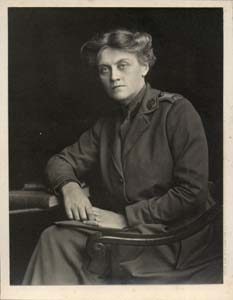
MB, CM 1894; MD 1898; CBE 1917. Educated at St Leonard’s School, St Andrews and Edinburgh University, where she was the first woman medical graduate, 1898. Married on the day on which she took her degree and set up a joint practice in Edinburgh with her husband. Investigated under Government Orders in France during the Great War and became the first Chief Controller of the Women’s Army Auxiliary Corps 1917 – 18. Among other activities she was Physician to Edinburgh Hospital for women and children. President of Edinburgh Women Citizens Association and of Scottish Women’s Hockey Association; Hon Sec. Queen’s Institute of District Nursing, Scottish Central Council. President, Women’s United Service Club. Manager, Royal Infirmary Edinburgh.
Political Hunger games
Famines were brought about by free trade, crop failure and politics. Exporting cotton from India was very profitable and growing exports became the priority over growing food. The British fine-tuned colonial rule since the Irish famine by growing raw materials for export instead of food. This way they wouldn’t have to deal with rebellion as starving Indians watched the food exit the country. If they watched cotton leave, there was less of a reason to be upset since you can’t eat cotton.

The example in the image above only works if England is selling finished goods back to the people who live in India. This was the reciprocal relationship of free trade that James Wilson had wanted. As a staunch nationalist of his country which couldn’t unify, Gandhi had made it a point to convince the Indians to wear their traditional dress and not buy and wear the British textiles.
These hunger games continue today with free trade. We not only see this with food and raw materials but with the “outsourcing” of domestic jobs to foreign countries who pay a much lower wage. Jobs and skilled labor are commodities in addition to food and raw materials. It is an indirect famine of sorts because as the unemployment rises, the food that can be purchased by the unemployed generally goes down.
According to Alexander de Waal, one of the main reasons for the “decline in famines is undoubtedly the decline in wars, the decline in totalitarian rule, and the spread of democracy and liberal values. There’s something very tangibly precious to be held onto about democracy, liberalism, and humanitarianism. You can demonstrate that this has saved tens of millions of lives. It shouldn’t be treated lightly. Now I’m much less certain about that (ending famines), as we are seeing some of this introverted, xenophobic, transactional, zero-sum politics. It’s not just here in the U.S. You also see it in Europe, with Britain as a particularly sad example”.
Mr. de Waal goes on to say that Yemen is the greatest famine atrocity of our lifetimes. The Saudis are deliberately destroying the country’s food-producing infrastructure. It’s a political, created famine and it will have to be solved by political, created means. Humanitarianism cannot cope with the political causes of famine.
Mr. de Waal proposes world peace as a solution but that reminds me of how James Wilson thought free trade would bring world peace about and that was two hundred years ago. World peace is never going to happen. These are chronic world problems that can only be solved by the ruling class.
1. https://economictimes.indiatimes.com/blogs/onmyplate/james-wilson-and-150-years/
2. The History of Taxation in India- P Banerjea-1930
3.https://en.wikipedia.org /wiki/Sir_Charles_Trevelyan,_1st_Baronet#cite_note-51.
4. http://sibichen.in/2017/07/21/when-two-men-fought-to-tax-or-not-to-tax/
5. https://economictimes.indiatimes.com/news/politics-and-nation/indias-budget-history-lies-buried-in-kolkata /articleshow/67568289.cms?from=mdr
6. https://www.utpjournals.press/doi/abs/10.3138/cjh.ach.51.2.02
7. Gazette- Courtesy- ‘The National Library’, Kolkata
8. The speech of James Wilson along with the correspondence for preparation of the budget in 1860 has been published in a book titled ‘India’s First Budget and the Birth of Income Tax’ written by me and published by Radiance, Kolkata in 2015.
9. Ishita Ayan Dutt, business-standard.com “In British times, the opium trade protected people from taxes”, Business Standard, 4 September 2009.
10. Soumitra Das, “Taxman rediscovers father of taxation – Mullickbazar grave of Economist founder James Wilson gets facelift ahead of 150th death anniversary”, Telegraph India, 11 August 2009.
